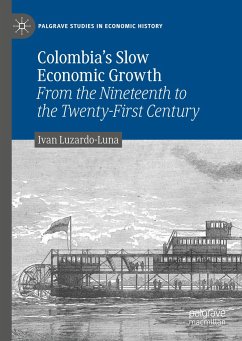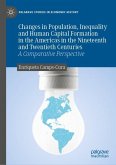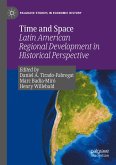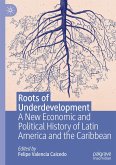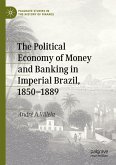Looking at the years 1870-2016, this book analyses the reasons behind Colombia's chronically slow economic growth. As a comparative economic history, it examines why Colombia has seen lower growth rates than countries with similar institutions, culture and colonial origins, such as Argentina in 1870-1914, Mexico in 1930-1980, and Chile from 1982 onwards.
While Colombia's history has shown relative macroeconomic stability, it has also shown a limited capacity for integrating into the world economy and embracing technological breakthroughs compared to the rest of the world, including steam, mass production and Information Technology. This volume thus moves away from the long-held view that institutional path dependence is the main determinant of differences in long-run economic growth across countries.
While Colombia's history has shown relative macroeconomic stability, it has also shown a limited capacity for integrating into the world economy and embracing technological breakthroughs compared to the rest of the world, including steam, mass production and Information Technology. This volume thus moves away from the long-held view that institutional path dependence is the main determinant of differences in long-run economic growth across countries.

